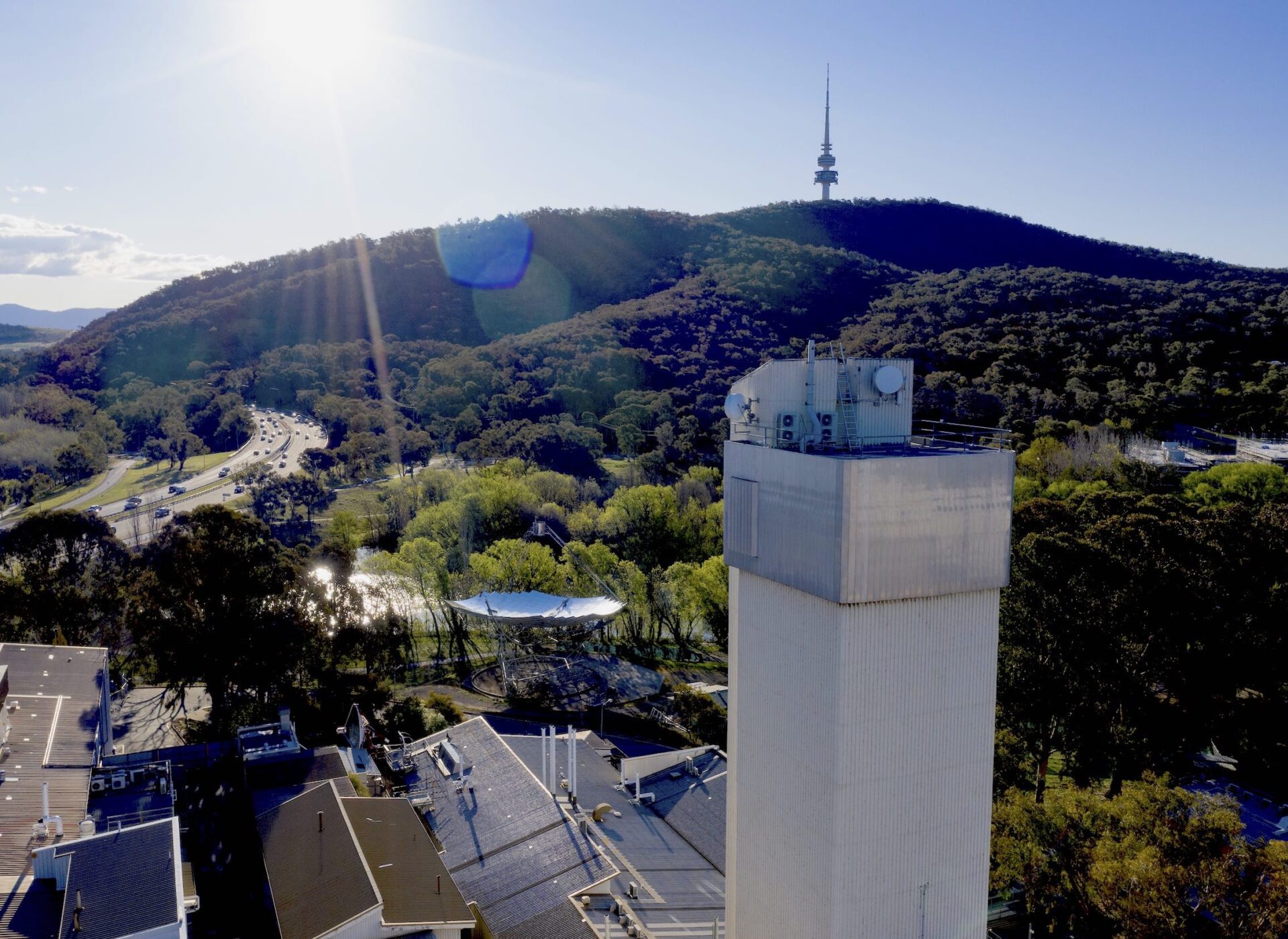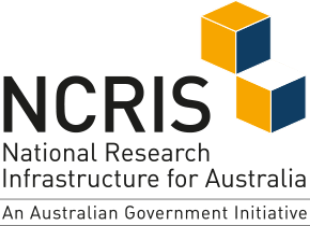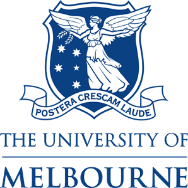This recent School Seminar provides a perfect summary of the research that’s currently happening at the Heavy Ion Accelerator Facility (HIAF) – that big white tower by Lake Burley Griffin.
Director of HIAF Professor Mahananda Dasgupta’s talk covers a wide range of topics that our researchers are delving into.
They range from the foundations of quantum mechanics to the study of astrophysical processes that create the atoms we’re made of. And extremely practical uses of this remarkable machine, too – to analyse pollutants in the environment and inform new cancer therapy.
She highlights a couple of the major challenges being tackled at the moment.
One of these covers the transitions that happen in collisions between two heavy nuclei. At larger distances, quantum coherence holds sway, and the quantum states of the nuclei form superpositions.
But as the nuclei overlap on the way to fusing together, the quantum system begins to behave as though energy is being irreversibly dissipated – experiments appear to show thermalisation on a sub-zeptosecond reaction time scale, even though there is no external environment.
This emergence of thermalisation in an isolated quantum system affects fusion probabilities, but is currently an open problem. Major theoretical advances are needed to reconcile coherent superposition with decoherence and dissipation within a single femtoscale nuclear system.
Another challenge of scales comes with the use of carbon as a cancer therapy. Here high-energy nuclei are fired into tissue, initiating a wide range of different nuclear reactions as they slow down, including fragmentation at high energies, and transfer and fusion at lower energies. These result in a dose halo outside the target tissue – not yet fully accounted for in treatment models.
These effects also apply in space, now important as humans prepare to embark on extended space travel and face bombardment by high-energy cosmic particles.
For those who want a deeper dive into this area, Dr Ian Carter discusses space environment research in the second half of this seminar.



